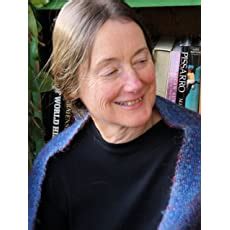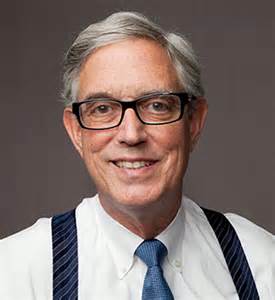A Quote by Doris Lessing
A public library is the most democratic thing in the world. What can be found there has undone dictators and tyrants: demagogues can persecute writers and tell them what to write as much as they like, but they cannot vanish what has been written in the past, though they try often enough...People who love literature have at least part of their minds immune from indoctrination. If you read, you can learn to think for yourself.
Quote Topics
Been
Cannot
Democratic
Dictators
Enough
Found
Immune
In The Past
Indoctrination
Learn
Least
Library
Like
Literature
Love
Love Literature
Minds
Most
Much
Often
Part
Past
People
Public
Public Library
Read
Tell
Them
Thing
Think
Think For Yourself
Though
Try
Tyrants
Undone
Vanish
World
Write
Writers
Written
Yourself
Related Quotes
Read a lot. But read as a writer, to see how other writers are doing it. And make your knowledge of literature in English as deep and broad as you can. In workshops, writers are often told to read what is being written now, but if that is all you read, you are limiting yourself. You need to get a good overall sense of English literary history, so you can write out of that knowledge.
To observe the world carefully, to write a lot and often, on a schedule if necessary, to use the dictionary a lot, to look up word origins, to analyze closely the work of writers you admire, to read not only contemporaries but writers of the past, to learn at least one foreign language, to live an interesting life outside of writing.
You know, it's a funny thing about writers. Most people don't stop to think of books being written by people much like themselves. They think that writers are all dead long ago--they don't expect to meet them in the street or out shopping. They know their stories but not their names, and certainly not their faces. And most writers like it that way.
I would not have majored in English and gone on to teach literature had I not been able to construct a counterargument about the truthfulness of fiction; still, as writers turn away from the industrious villages of George Eliot and Thomas Hardy, I learn less and less from them that helps me to ponder my life. In time, I found myself agreeing with the course evaluations written by my testier freshman students:'All the literature we read this term was depressing.' How naive. How sane.
I think that when you're depressed, you can't concentrate long enough and well enough to read for the most part; some people can, but by and large people - that's one of the first things that goes, is the capacity to read meaningful literature. With grief, that's not true. For a while you can't read, but then you really are amenable to solace.
I'm a critic. That means you are a writer. So, yes, you have to make yourself an authority on whatever subject it's going to be. Music, movies, literature, whatever it's going to be, but what you really want to do is learn your trade by reading other writers. I think you have to read veraciously, especially people who have done what you have done to see how it's been done in the past; what works, what doesn't work.
My writing process isn't a very organized thing. The actual writing part is a tiny part of my life. I often write in public. I bring my laptop or write freehand in notebooks. Then, I'll read through them while I exercise or walk the dog. The very last thing I do is the sitting alone at the computer part.
[D]on't ever apologize to an author for buying something in paperback, or taking it out from a library (that's what they're there for. Use your library). Don't apologize to this author for buying books second hand, or getting them from bookcrossing or borrowing a friend's copy. What's important to me is that people read the books and enjoy them, and that, at some point in there, the book was bought by someone. And that people who like things, tell other people. The most important thing is that people read.
Book critics certainly are judges who wield a tremendous amount of power in terms of whether or not a book will reach a wider audience. That's one of the reasons why I try to give coverage to books written by Latinx writers; too many worthwhile works of literature do not get the kind of coverage they deserve, and I've certainly seen that with respect to books written by writers of color. But there are some wonderful, diverse writers out there who mentor and otherwise support those voices that often have been ignored by much of the mainstream press.



































